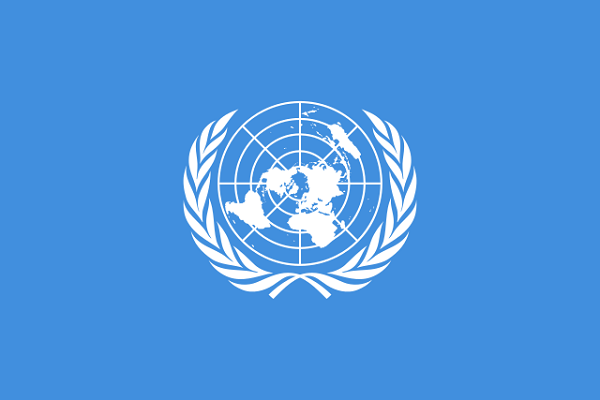The United Nations Office for the Coordination of Humanitarian Affairs (UNOCHA) has sounded the alarm, revealing that $160 million is urgently needed to address the escalating food insecurity and malnutrition crisis in Borno, Adamawa, and Yobe states. The funds will cater to the dire needs of two million people in the region between May and October 2025.
According to UNOCHA, 4.6 million people in these states are in urgent need of food assistance, with one million children suffering from severe malnutrition. However, due to funding shortfalls and the freeze of support from the United States Agency for International Development (USAID), which traditionally accounted for around 60% of the region’s humanitarian funding, only a fraction of the population will be reached.
The humanitarian agency expressed deep concern over the critical situation, revealing that 70% of health facilities in the region have been shut down due to insufficient funding. Trond Jensen, Head of UNOCHA's office, stressed the urgency of finding alternative funding sources from other donors, the Nigerian government, and private sectors to avert an impending disaster.
Jensen stated, "We are facing the worst situation in the last ten years. Children are on the brink of existence, and with the freeze of USAID support, the situation is even worse. The funds we are asking for are the absolute minimum required to provide basic aid."
In terms of intervention, $62 million is needed for food assistance, $33 million for healthcare, $40 million for nutrition support, $10 million for protection, $14 million for water and sanitation, and $1 million for logistical support. The funds are critical to support the most vulnerable populations during the upcoming lean season.
UNICEF Representative, Nemat Hajeebhoy, highlighted the alarming scale of the crisis, revealing that 600,000 children are at risk of acute malnutrition during the lean season. "Every month, 100,000 children are at the brink of death unless immediate intervention is made,” she said, calling for urgent financial support to prevent widespread fatalities.
Nigeria has been ranked as having the highest number of malnourished children in Africa and the second-highest globally, with approximately 3 million children affected by malnutrition.
The World Food Programme Representative, Serigne Loum, expressed his disappointment over the funding constraints, noting that 3.3 million people in the affected states will not receive any aid during this period, further intensifying the humanitarian crisis.
With the rainy season approaching and insecurity exacerbating the situation, the UN and aid agencies are calling for immediate financial contributions to save lives and stabilize the region before the situation worsens.




